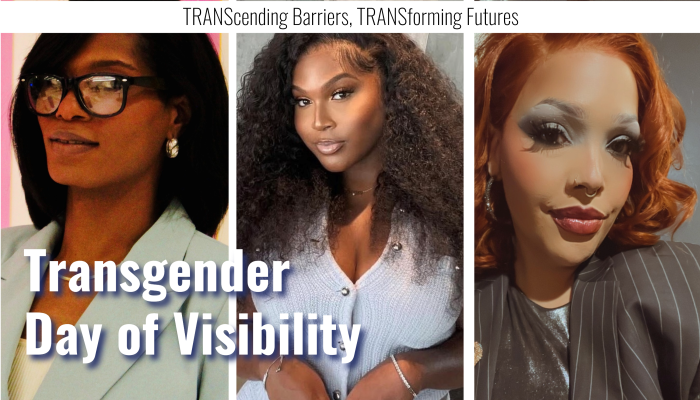Notice: The Philadelphia Commission on Human Relations is offering in-person services by appointment only. Appointments are available on Mondays through Thursdays from 9 a.m. to 3 p.m. To set a time to meet with us, call (215) 686-4670.
What we do
The Philadelphia Commission on Human Relations (PCHR) is the City’s official civil rights agency. We enforce an important set of laws that prevent discrimination and promote equality.
PCHR works to:
- Enforce anti-discrimination laws, especially the City’s Fair Practices Ordinance.
- Administer the Fair Chance Hiring law, which prevents discrimination against people with criminal records.
- Investigate complaints of discrimination and violations of civil rights laws.
- Resolve community conflicts through dialogue and other dispute resolution methods.
- Educate the public on their legal rights and responsibilities.
PCHR is led by a nine-member commission, appointed by the mayor. This commission decides disputed complaints and conducts hearings to educate and inform the public.
PCHR works to make sure that everyone in Philadelphia has equal rights and opportunities.
Connect
| Address |
601 Walnut St.
Suite 300 South Philadelphia, PA 19106 |
|---|---|
|
pchr |
|
| Phone |
Phone:
(215) 686-4670
Fax: (215) 686-4684
|
| Social |




